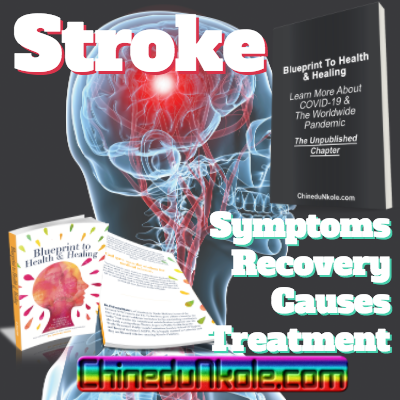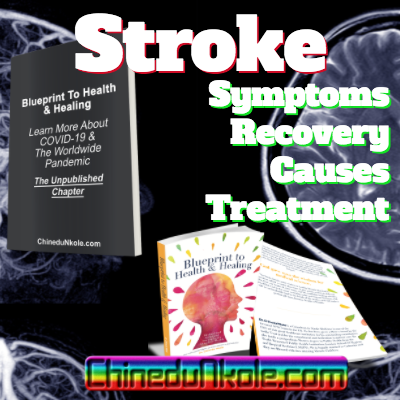Constipation – again because of their immobility, stroke patients are prone to constipation. If this is not addressed, it could lead to urinary retention necessitating the insertion of urinary / urethral catheter which could in turn increase the risk of urinary tract infection.
Constipation also limits the patient’s ability to engage during physiotherapy sessions.
Pressure ulcers – Also because of their immobility, they are very prone to developing pressure ulcers. Regular turning and in some cases pressure mattress could help prevent pressure ulcers. Infected pressure ulcers could lead to septicaemia and could potentially result in fatality.

Depression
Understandably, many stroke patients go through periods of low mood due to the sudden change in their life circumstance
This impacts negatively on their ability to rehab and should be addressed sooner than later. Conservative management with the guide of a neuropsychologists is advised in the first instance. It is only when conservative management has not helped that the neuropsychiatrists should be involved for consideration of drug treatment.
Delirium – also known as acute confusional state, is a condition of acutely disturbed state of mind characterised by acute confusion, restlessness, illusions and incoherence. Some patients experience some period of delirium post stroke. Some other causes include infection and constipation. Conservative management is the advised 1st line of management. If organic causes are ruled out or treated and delirium persists, the neuropsychiatrists should then be involved for consideration of drug treatment.
Upper Gastrointestinal Bleed (UGIB)
is a major complication post stroke.

This is because of the high dose of aspirin 300mg daily, ischaemic stroke patients are started on. To prevent this it is advisable to start them on a proton pump inhibitor at least for the initial 2 weeks they are on high dose aspirin.
The multidisciplinary team should look out for the above possible post stroke complications. If identified and addressed sooner, most stroke patients generally have good clinical outcome. Patients’ families should be regularly updated on the progress of their loved ones and discharge destination and planning started as soon as possible as it takes quite a long time to put the right equipment and care package in place before discharge. There is so much job satisfaction that comes from treating and rehabilitating stroke patients back to as close to their pre-stroke baseline as possible.

